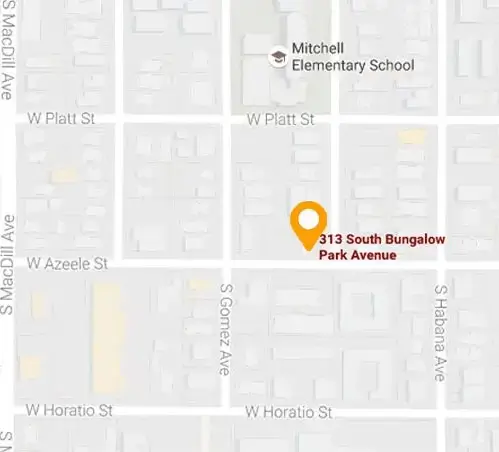Why Cohabitation Agreements Matter in Florida
Many couples live together without getting married. Some buy homes, share finances, and even raise children together. But without legal protections, these relationships can fall apart in ways that leave one partner vulnerable. Florida does not recognize common-law marriage. This means that no matter how long a couple lives together, they do not automatically have the same rights as married couples. That is where a cohabitation agreement comes in. It acts as a safety net, ensuring both partners understand their financial and legal responsibilities.
What is a Cohabitation Agreement?
A cohabitation agreement is a legally binding contract between two people who live together but are not married. It outlines how they will handle property, money, and responsibilities during the relationship and after a breakup. Without one, disputes over homes, debts, and assets can get messy. Think of it as a roadmap. It sets expectations and provides security, just like a prenuptial agreement does for married couples.
Key Protections in a Cohabitation Agreement
1. Property Ownership and Division
One of the biggest issues unmarried couples face is property ownership. If both names are on a deed, the property is usually divided evenly. But if only one name is on it, the other person may walk away with nothing. A cohabitation agreement clarifies who owns what and what happens if the relationship ends.
2. Financial Responsibilities
Bills and household expenses can create tension when a relationship ends. A cohabitation agreement lays out who pays for what. It prevents one partner from being stuck with all the debt while the other walks away free.
3. Protection in Case of Death
Without legal documents in place, an unmarried partner may have no rights to inherit anything if the other person dies. Florida law prioritizes spouses and blood relatives. A cohabitation agreement can state that a partner has the right to remain in the home, receive certain assets, or inherit property.
4. Support After a Breakup
Unlike a divorce, where a court can order alimony, Florida law does not require financial support after an unmarried couple splits. A cohabitation agreement can include financial arrangements to prevent one partner from being left in financial hardship.
5. Child-Related Agreements
Florida law recognizes the rights of biological parents, but a cohabitation agreement can outline parenting responsibilities. This helps clarify custody and support expectations in case of a separation.
The Risk of Not Having a Cohabitation Agreement
Without a written agreement, an unmarried partner could be forced to leave a shared home with no legal claim to it. They could also be left with joint debts and no way to enforce verbal agreements about money. Many people assume they will work things out if they ever separate. But emotions run high during breakups. A clear legal agreement prevents unnecessary fights and financial ruin.
A Simple Analogy: The Blueprint for Your Future
Think of a cohabitation agreement like a blueprint for building a house. Without a plan, things get messy. There are disputes over where the walls go and who gets the biggest room. A cohabitation agreement is the blueprint that helps unmarried couples build a secure future together. It ensures fairness and protects both partners in case life takes an unexpected turn.
Take Control of Your Future with a Cohabitation Agreement
No one wants to think about a breakup. But ignoring legal protections can lead to financial disaster. A cohabitation agreement gives peace of mind and ensures fairness. At Sparkman Law Firm, we help couples create agreements that fit their needs. If you live with your partner and want legal protection, contact us today. Protect your home, your finances, and your future. Call us now at 813-374-2000 or visit Sparkman Law Firm to schedule a consultation.








